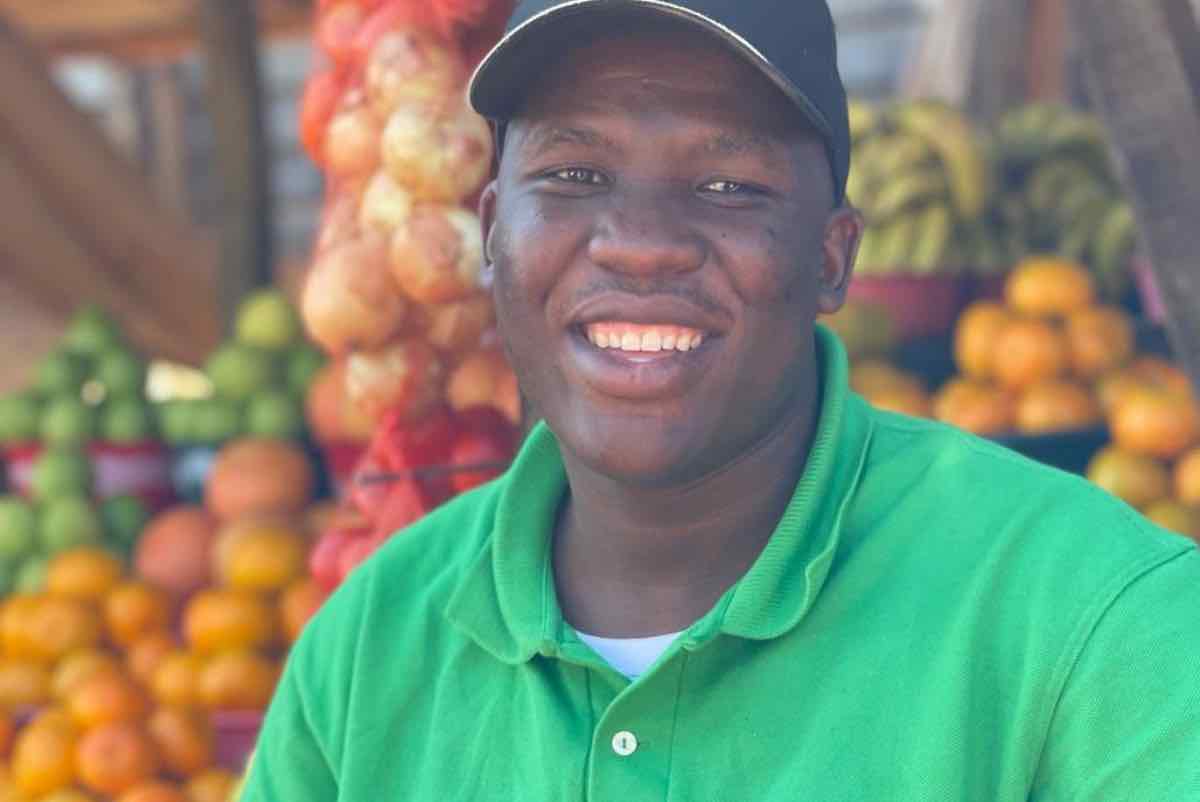South African Amapiano sensation, Busta 929, has found himself embroiled in controversy as allegations emerge that he has been targeting teenage girls. The controversy escalated when one of the girls involved shared an explicit video, prompting a wave of outrage on social media. While the legal age of consent in South Africa is 16, the online community has called for Busta 929’s arrest, citing concerns over his alleged pursuit of young girls.
Busta 929 has many times been alleged to be involved with girls around the age of 16 and 19. The singer however seem to be tactical about his alleged shenanigans as it comes across he goes after girls who are at the legal age of consent in South Africa. While the legal aspect might indicate that no crime has been committed, the explicit video shared by one of the girls involved has sparked public outrage and concern over the moral implications of Busta 929’s actions.
In South Africa, the legal age of consent is 16 years old. This means that individuals who have reached this age are considered capable of providing informed consent for sexual activities. However, it is important to note that consent laws are in place to protect vulnerable individuals from exploitation and abuse.
The release of the explicit video on social media platforms has led to widespread condemnation of Busta 929’s behavior. Many individuals argue that regardless of the legality, pursuing relationships or engaging in explicit activities with teenage girls is morally wrong and harmful. Social media platforms have been inundated with demands for Busta 929’s arrest and punishment.
The controversy surrounding Busta 929’s alleged actions raises important questions about consent, power dynamics, and responsibility. While the legal age of consent is meant to protect young individuals who are deemed capable of making informed decisions, it is essential to consider the potential for manipulation, coercion, and emotional harm that can arise in relationships with significant age differences.










